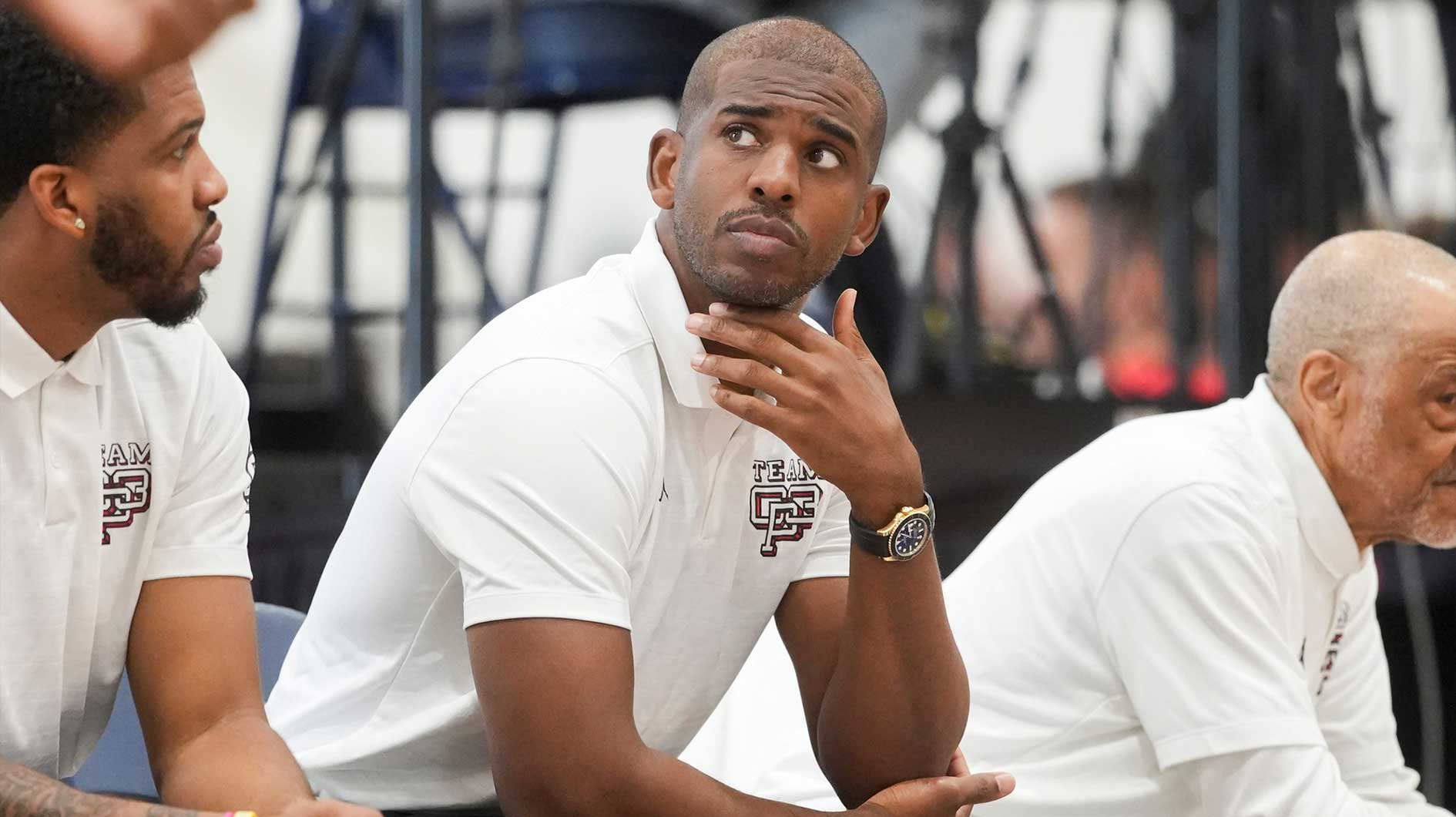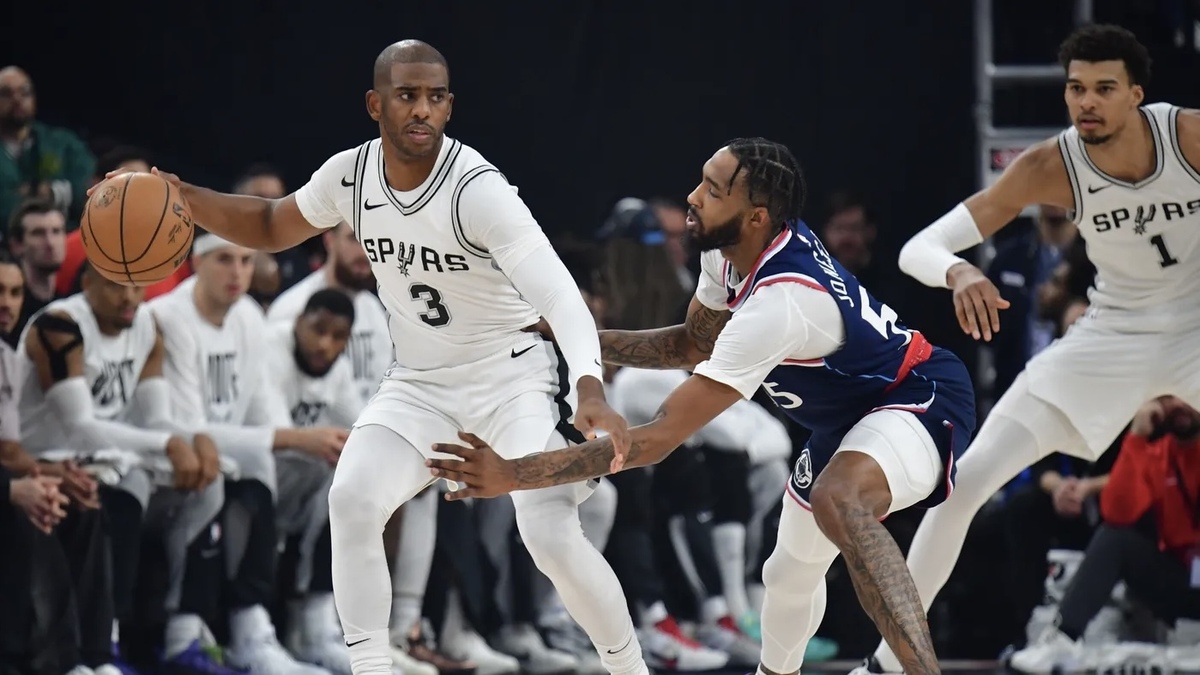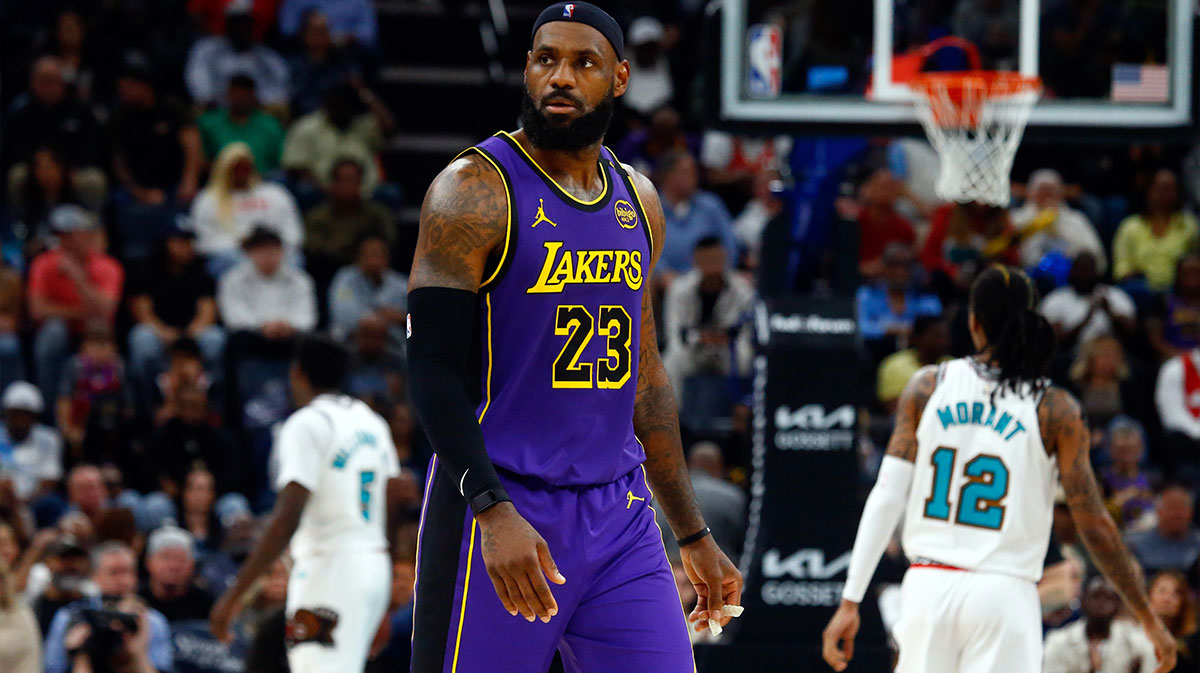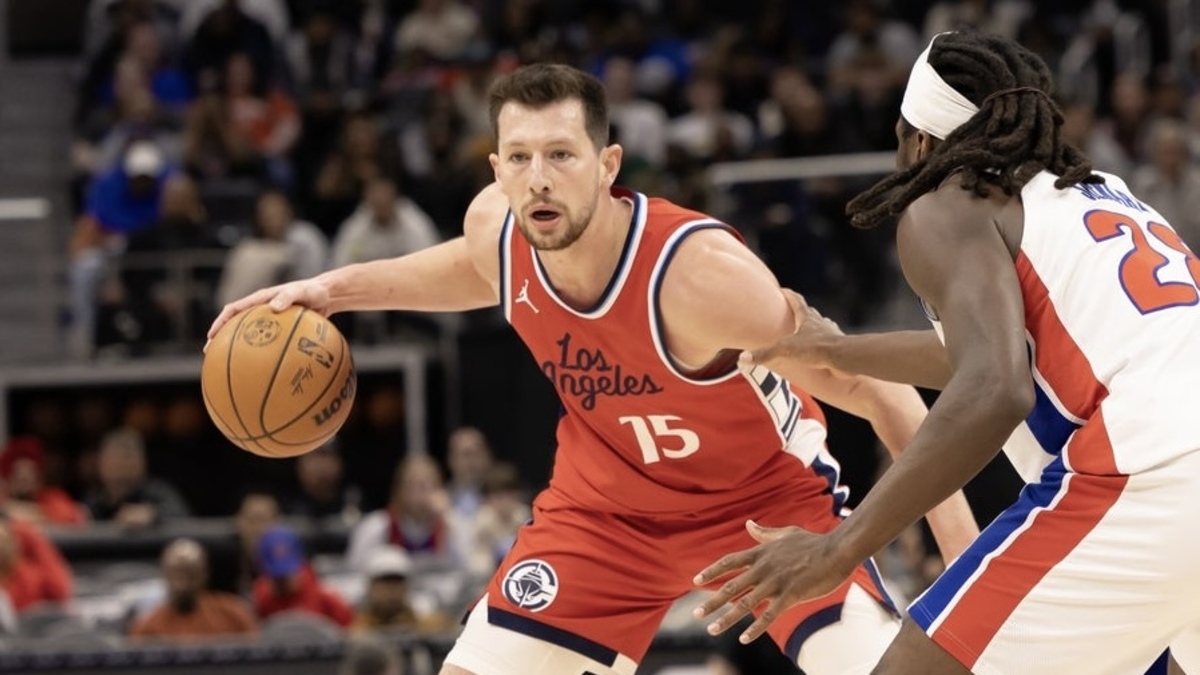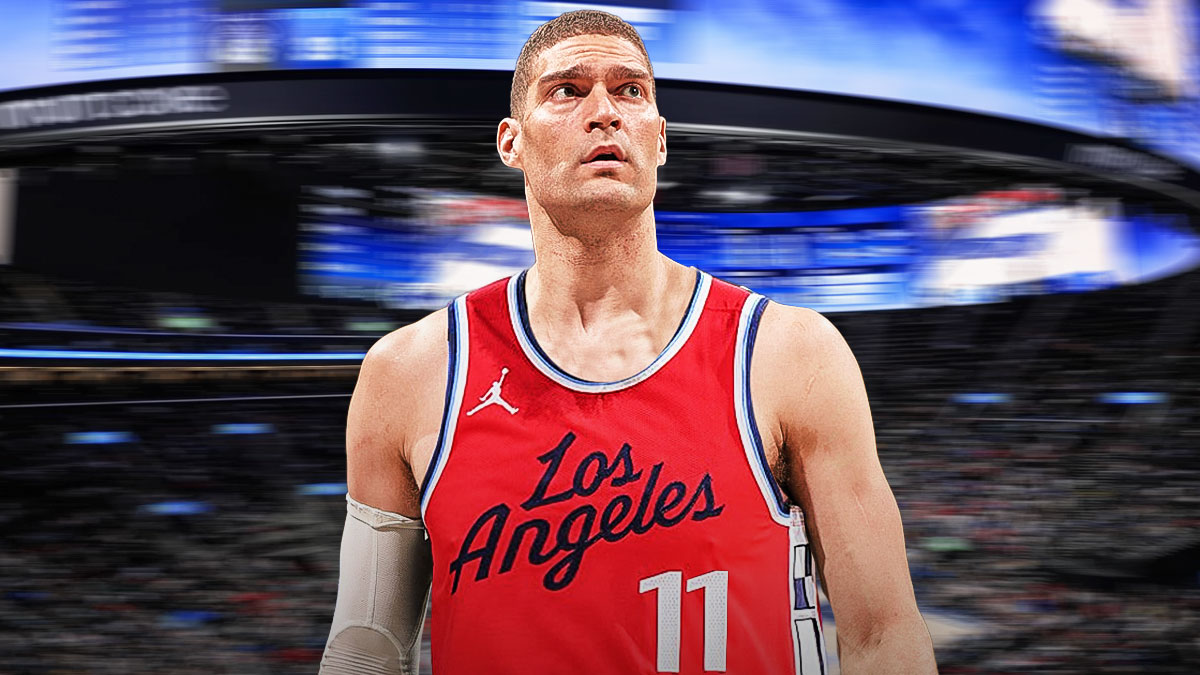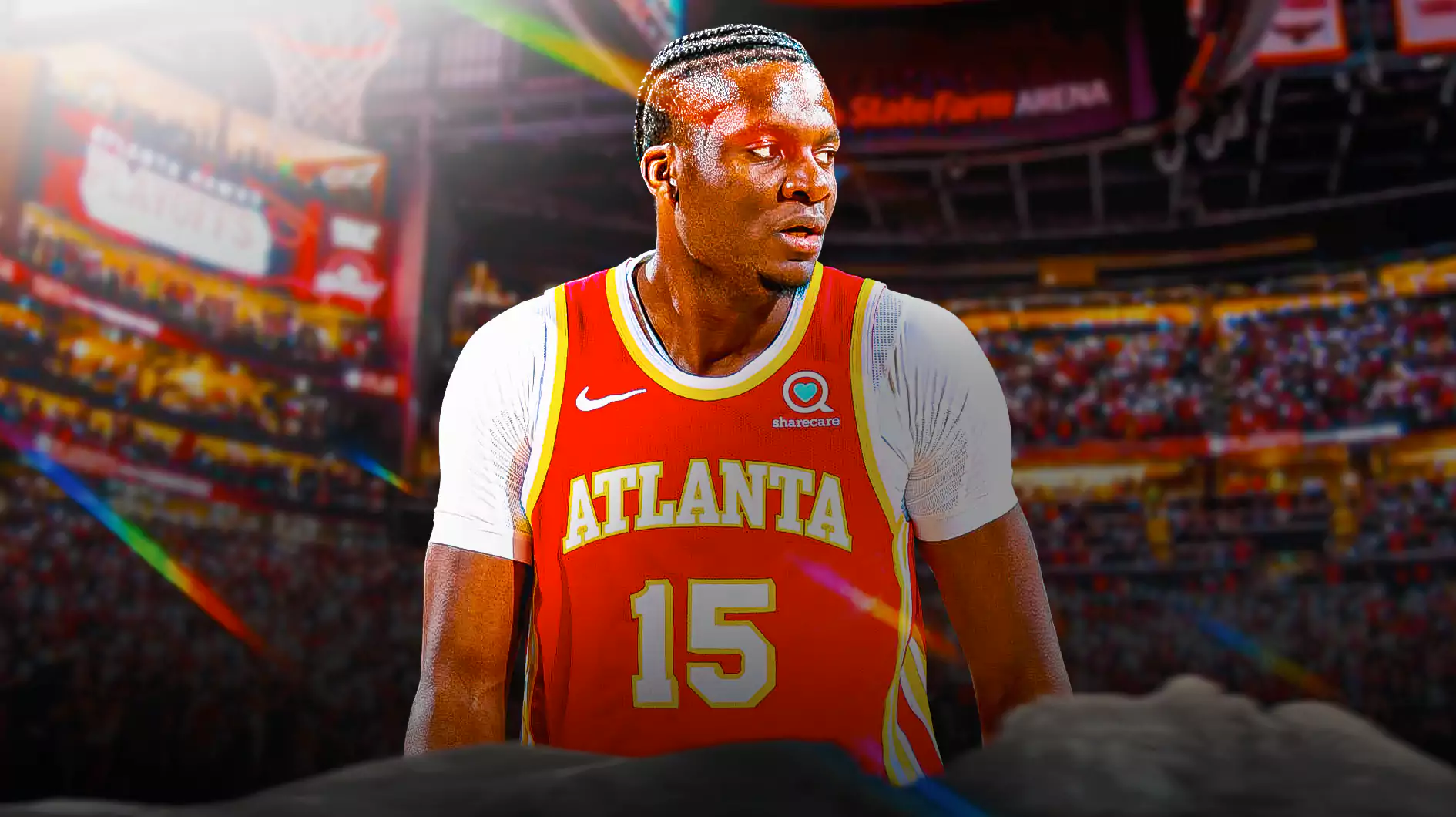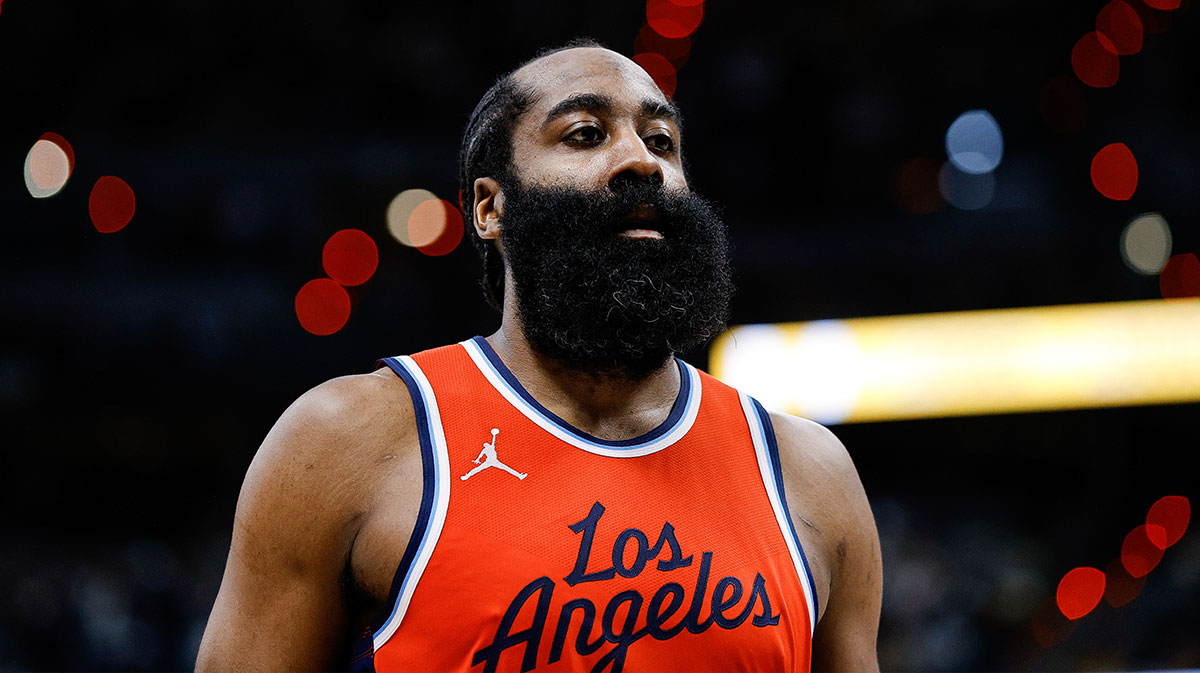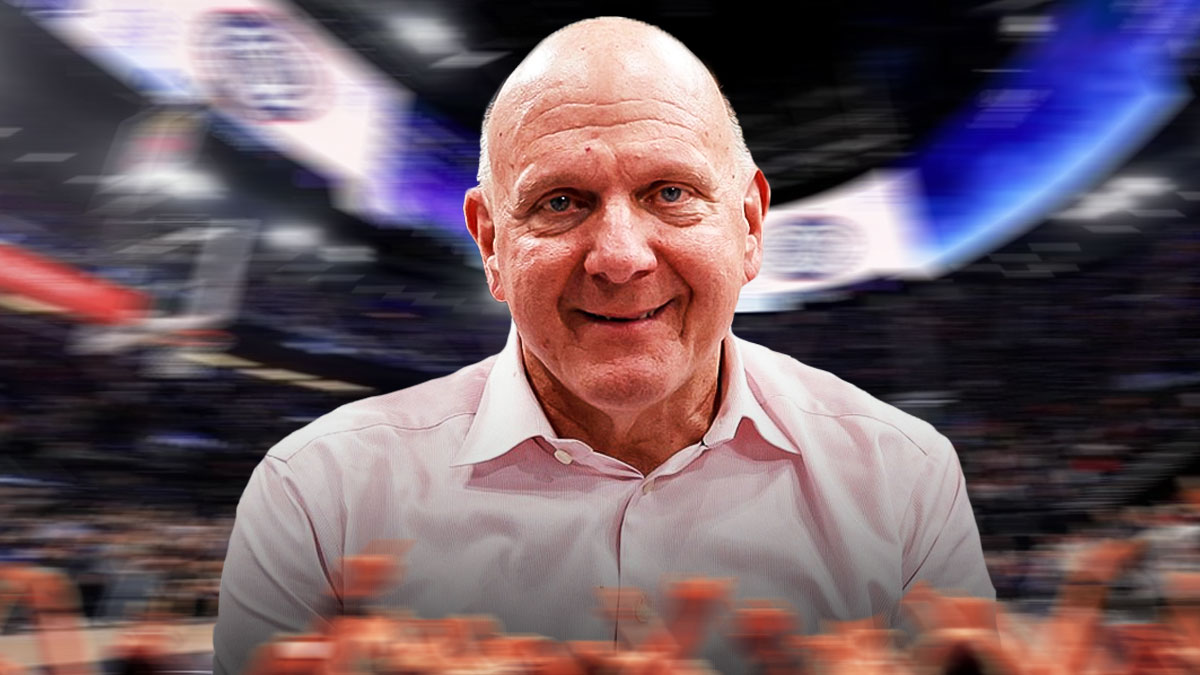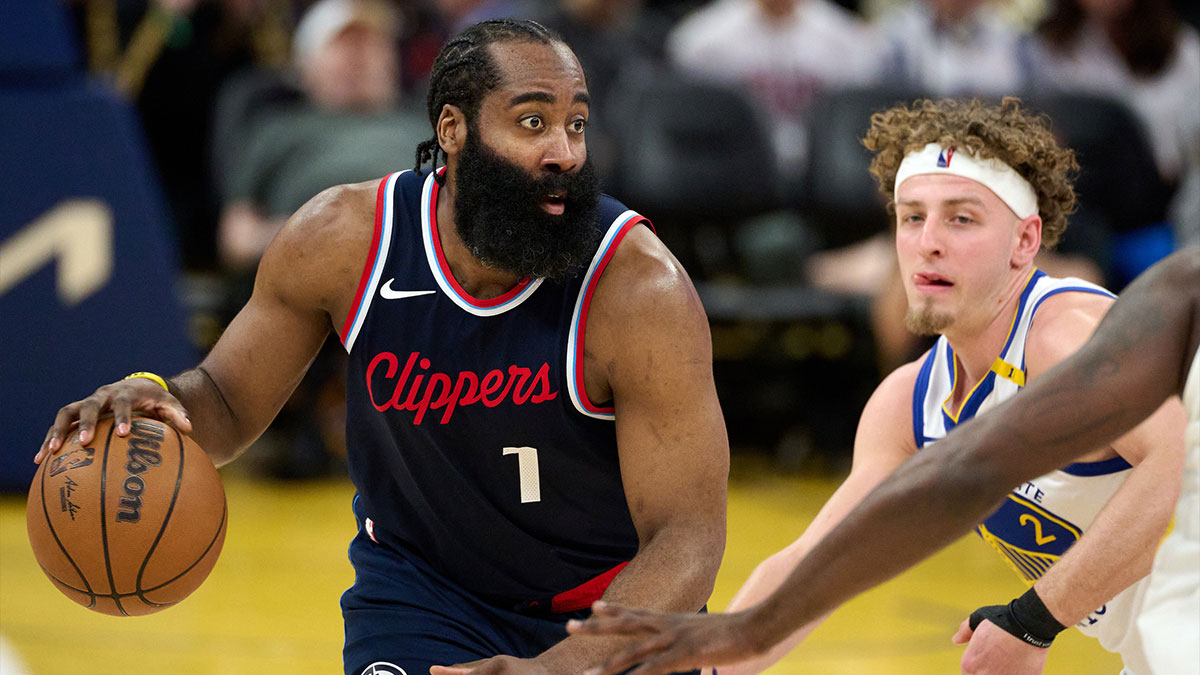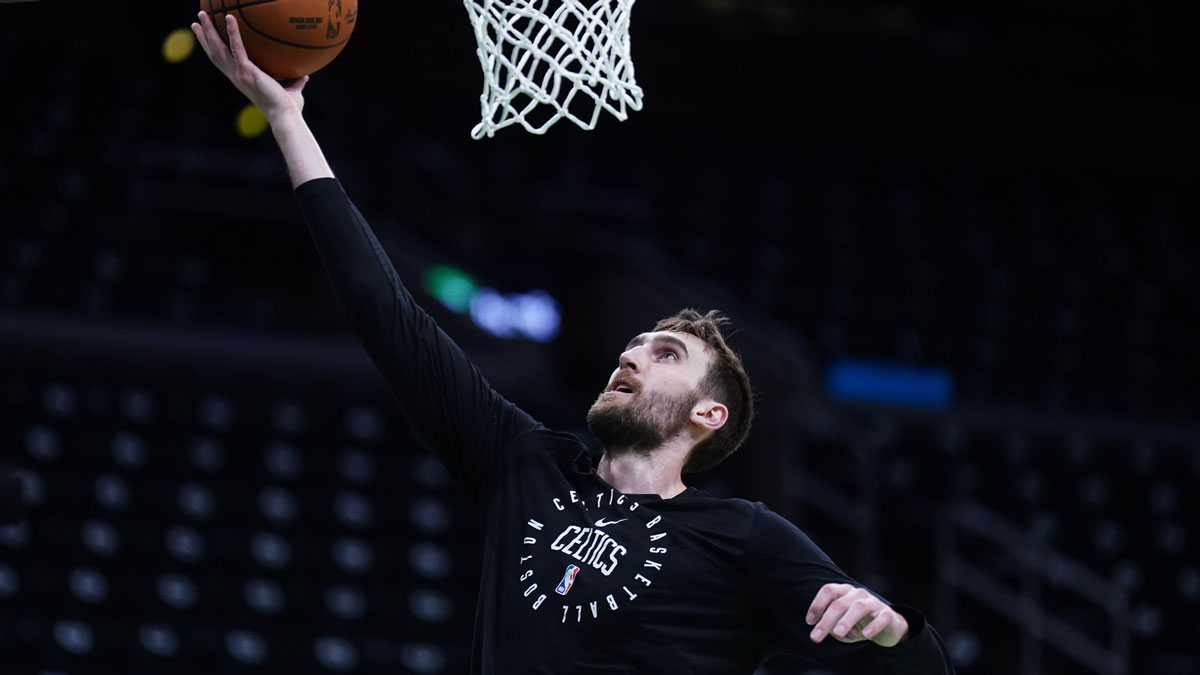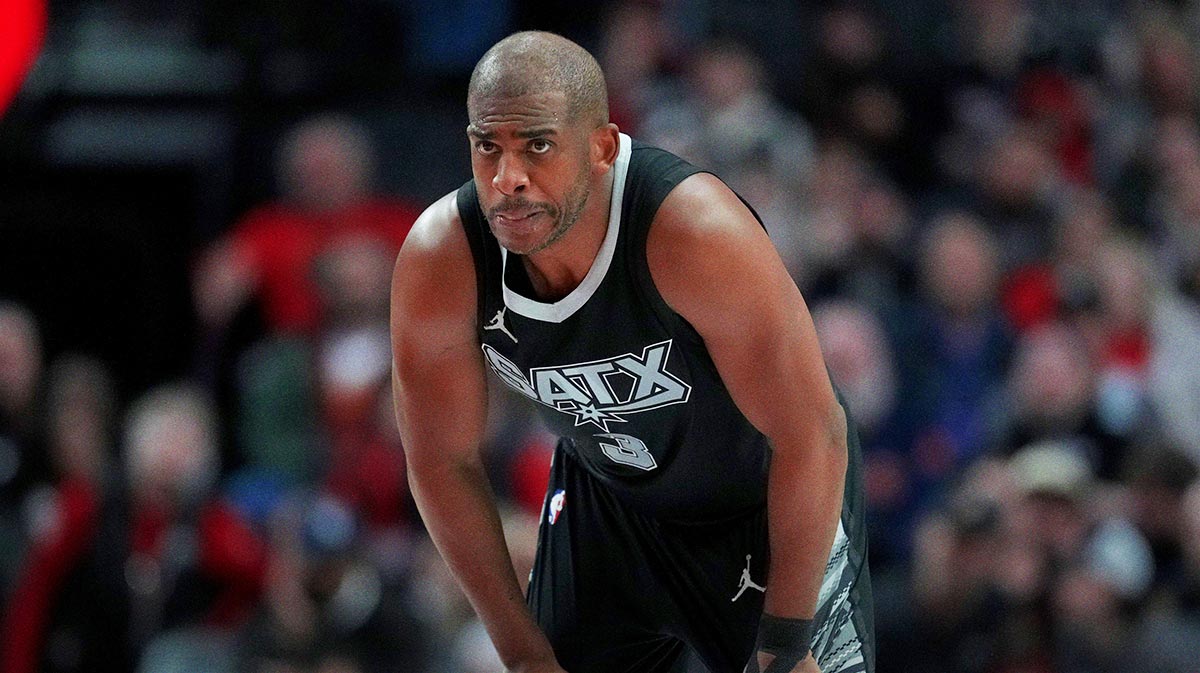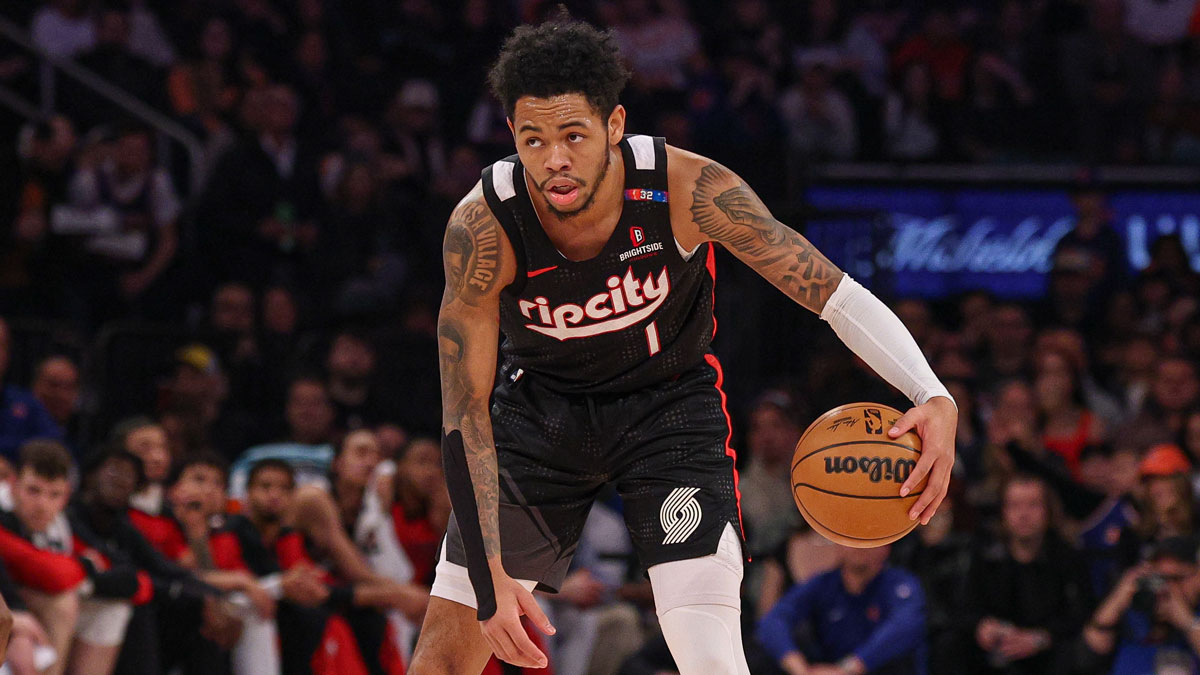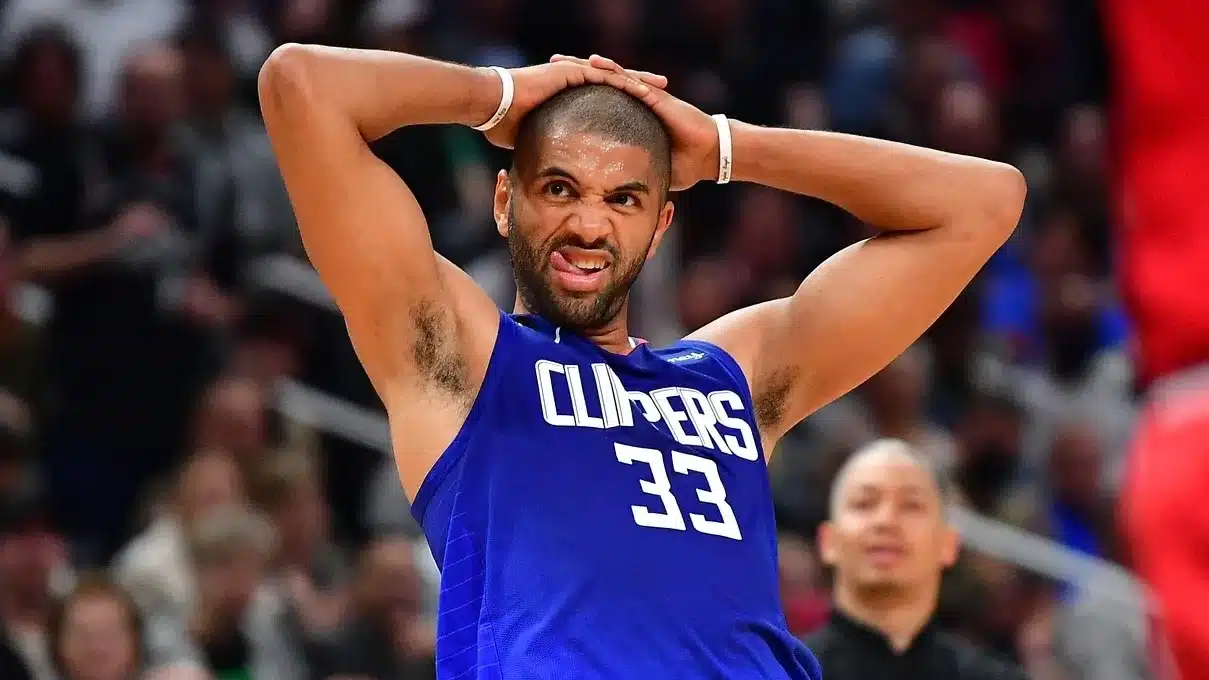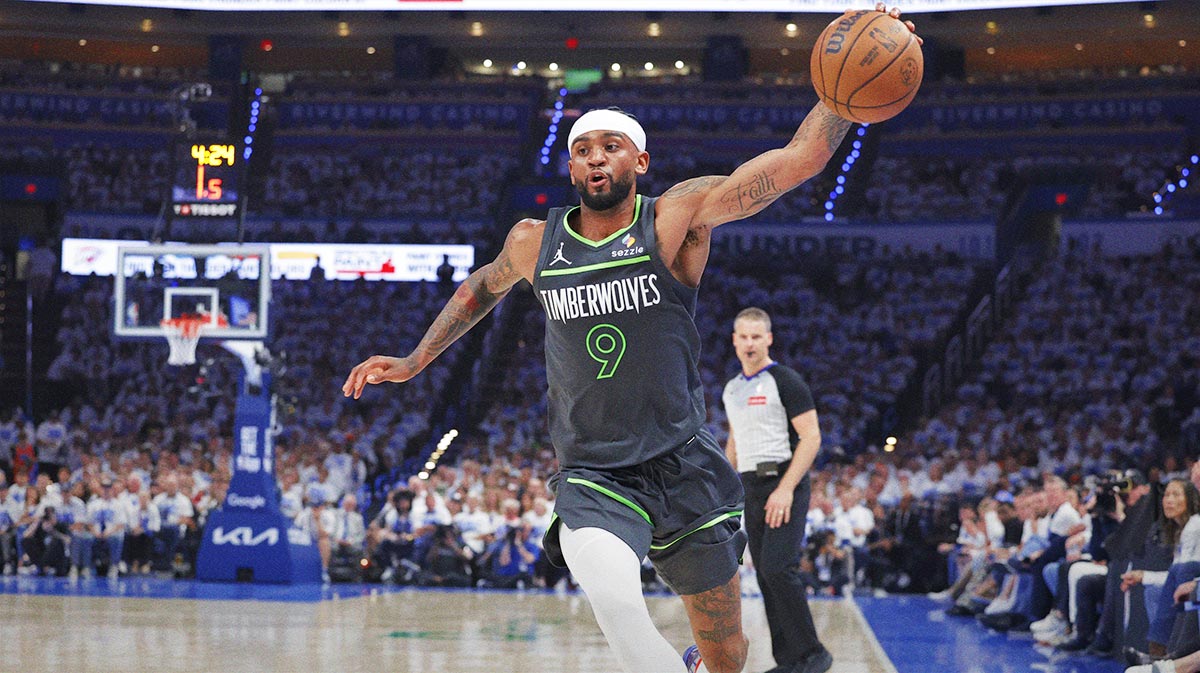LOS ANGELES – Thomas Jefferson, one of the Founding Fathers of our nation, once said, “laws and institutions must go hand in hand with the progress of the human mind.” A couple hundred years later, L.A. Clippers guard J.J. Redick is preaching the same quote when it comes to the NCAA and not paying their collegiate athletes.
Gonzaga University and the University of North Carolina played a hard-fought National Championship game on Monday night, with the Tar Heels avenging last season's heartbreaking loss at the buzzer to secure the school's sixth title in school history with a 71-65 victory. While many professional athletes were upset with the officiating to close out the game, J.J. Redick said that every athlete out on the court should have been paid in a tweet. Following the tweet, Redick received a lot of feedback from fans, friends, and family — and not all of them in agreement.
“I got a lot of text messages last night,” said Redick. “People I know, even friends that disagreed with me. It's okay to disagree, but I'm comfortable with it because I know I'm right.
“It's a really complex issue. Actually, I've been reading more and more about it, I think at some point I would like to really dive into this on my podcast because it complex and there's some stuff that you want to be sensitive to.”
Paying college athletes for the millions of dollars they bring in to the NCAA throughout the season, and especially during the March Madness tournament, has been a hot topic of discussion over the last couple of years. During practice on Tuesday, Redick reaffirmed his stance on paying student athletes in the NCAA.
“The idea of amateurism, it doesn't exist anymore and so if you're going to do what you're doing, then you just need a complete overhaul,” added Redick. “It's gotta be something radical. It's not like, ‘oh, lets figure out a way to pay every player five thousand dollars.' It's not that. You really require something really radical and maybe that's getting rid of collegiate athletics as we know.
“I mean these guys are professional athletes in everything they do…without getting paid.”
Wait a second… Getting rid of collegiate athletics?!
“As we know it,” Redick reiterated. “As we know it.”
According to CNN Money, Gonzaga University reported $12 million in revenue while turning a $44.8 million profit for the men's basketball program in 2016. On the flip side, the big-name men's basketball program of the University of North Carolina turned $21.3 million in revenue as well as a profit of $12.7 million. Those are just two basketball programs and a boatload of money that's brought in by student-athletes who don't get paid a dime.
“I go back to the Thomas Jefferson quote, I'm gonna butcher the quote, but it's something we've all read in essentially that: ‘you wouldn't expect a little boy to wear the coat that he wore as a boy, as a grown man.' Like, you need to change with the times essentially and laws should reflect that. Rules, regulations, all those things should reflect that, especially as we know more as a society.”
Redick, claiming he didn't want to get political, ended up getting a using a strongly-debated political analogy as his example for why players should be paid.
“Gun control, I don't want to get political, but gun control. Like, that's something that should evolve as technology evolves. When the second amendment was created, we had to worry about bears, people lived on the Frontier, and it took a minute to load a muzzle. So I think the laws should reflect kind of where we are with guns.
“And it's the same thing with amateurism and the NCAA. If you're playing in a sport that is making millions of dollars for either your school or the NCAA, you should get a piece of that. The scholarship doesn't cover your piece. Your rightful piece. That's my two cents.”
Both sides can make their respective cases for whether players should be paid, but it's clear that a change has to be made to a system benefiting from these talented student athletes. Sure, some of them will go on to the pros to make the big bucks and scholarships help take care of a lot for the players, but the immense amount of money being given to schools from the NCAA should allow these athletes some form of compensation.

